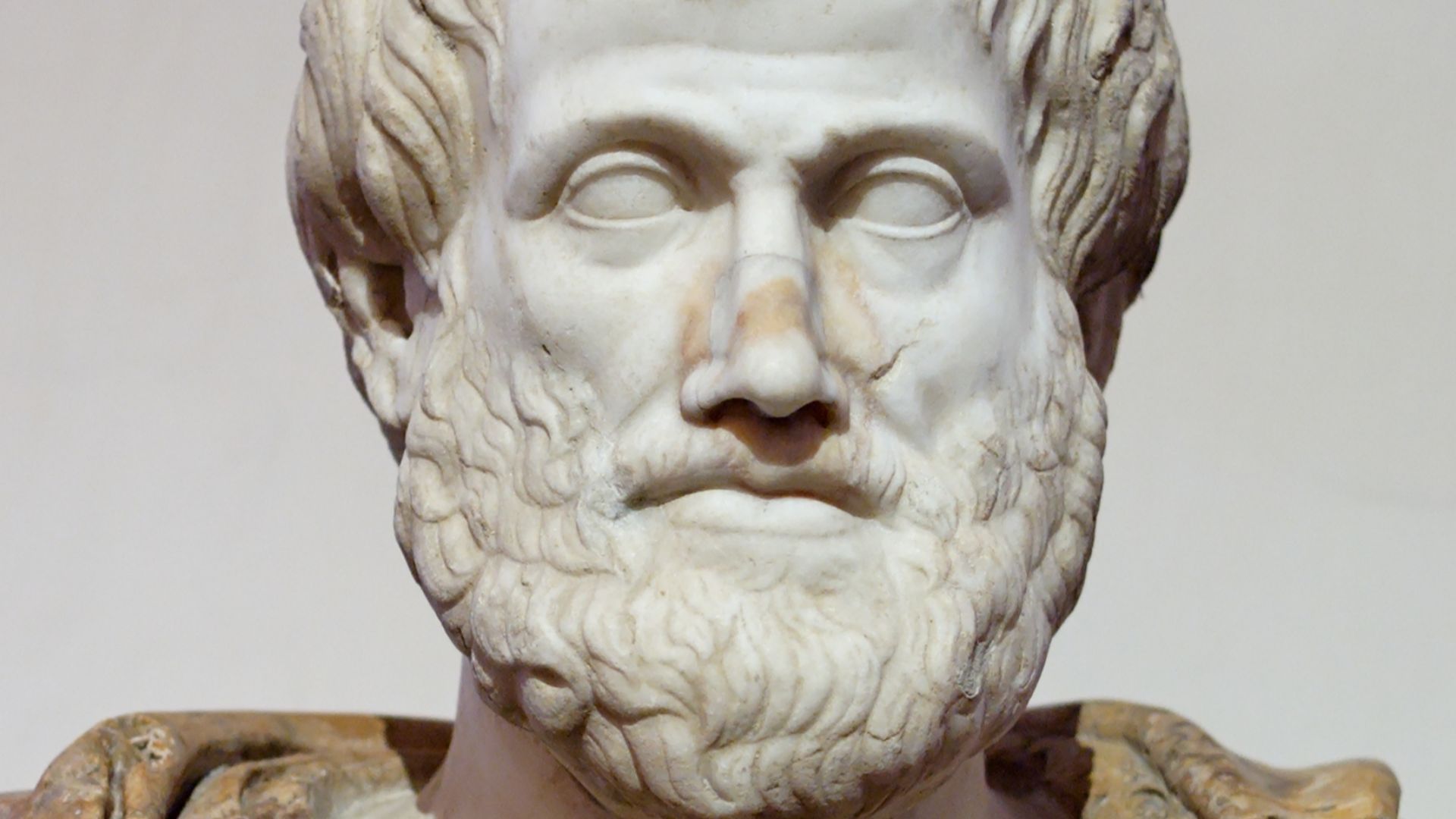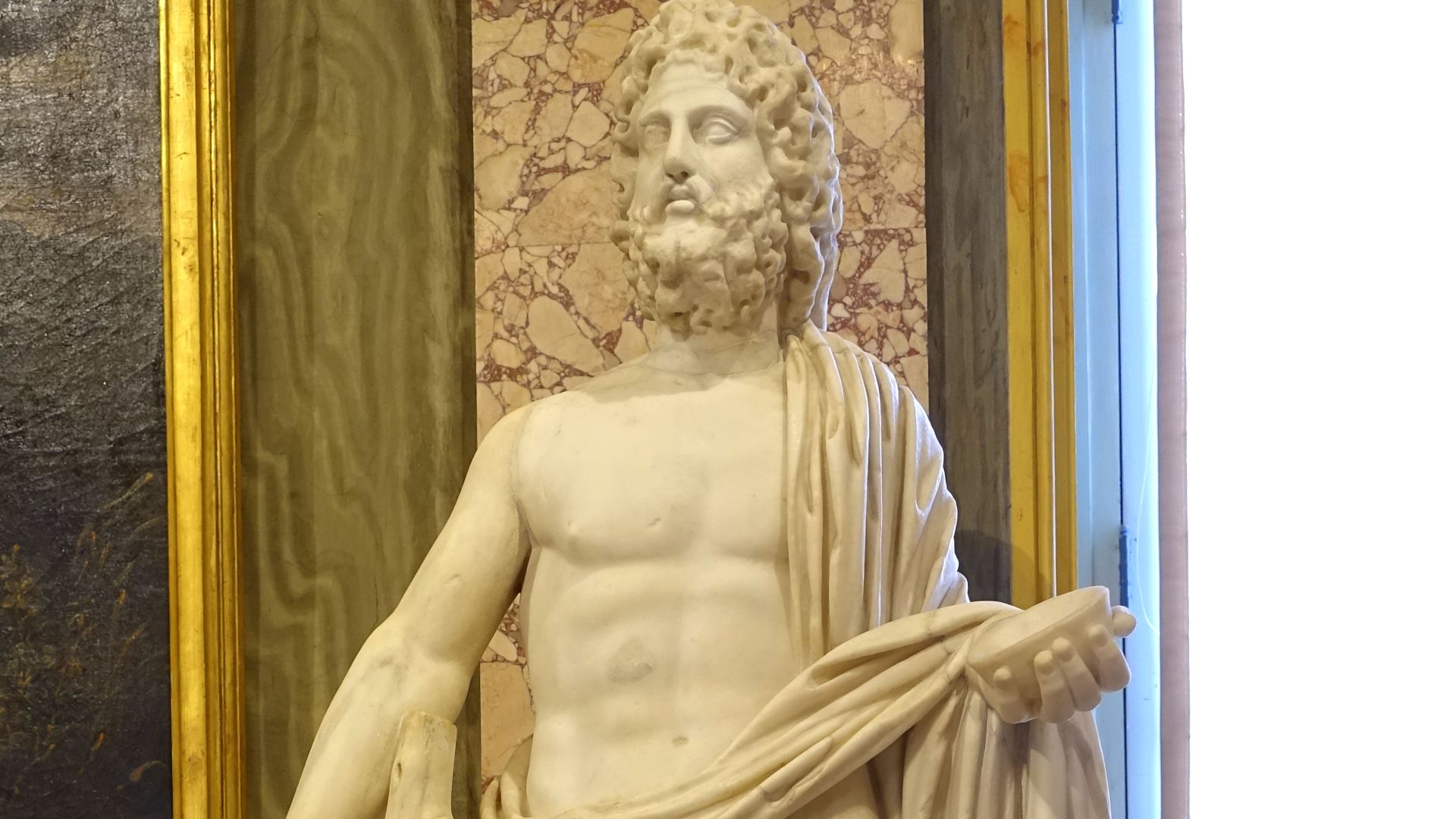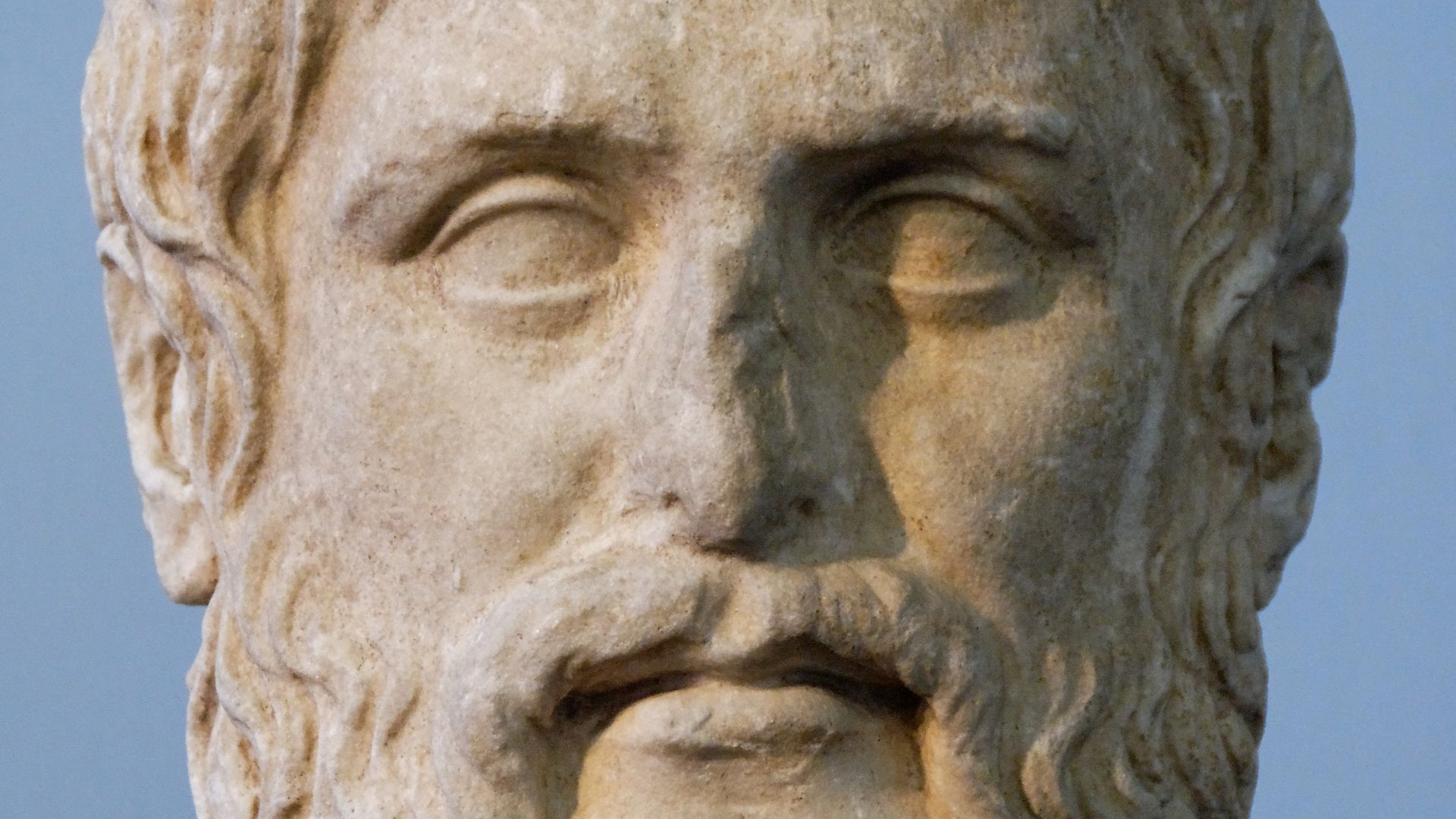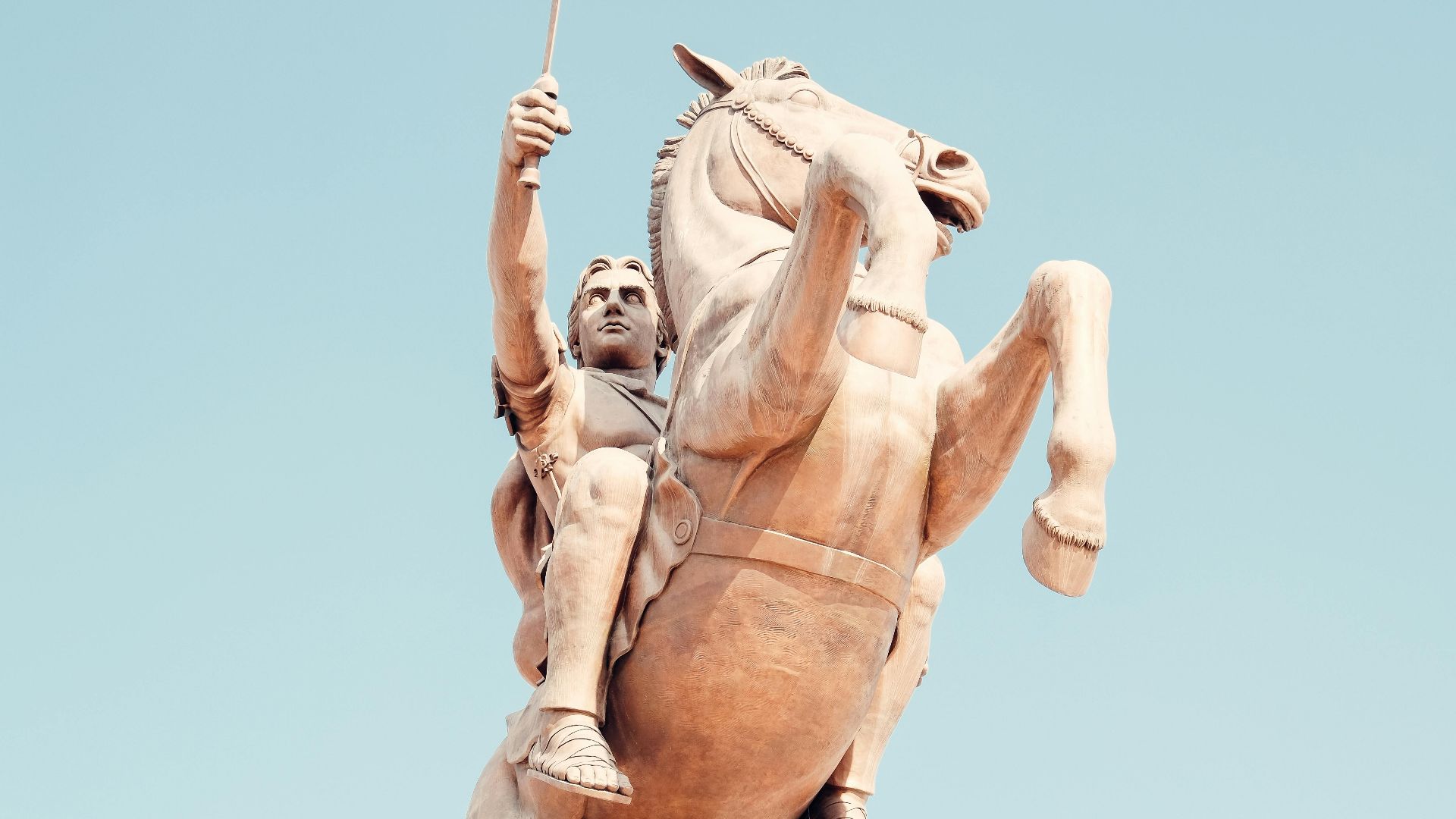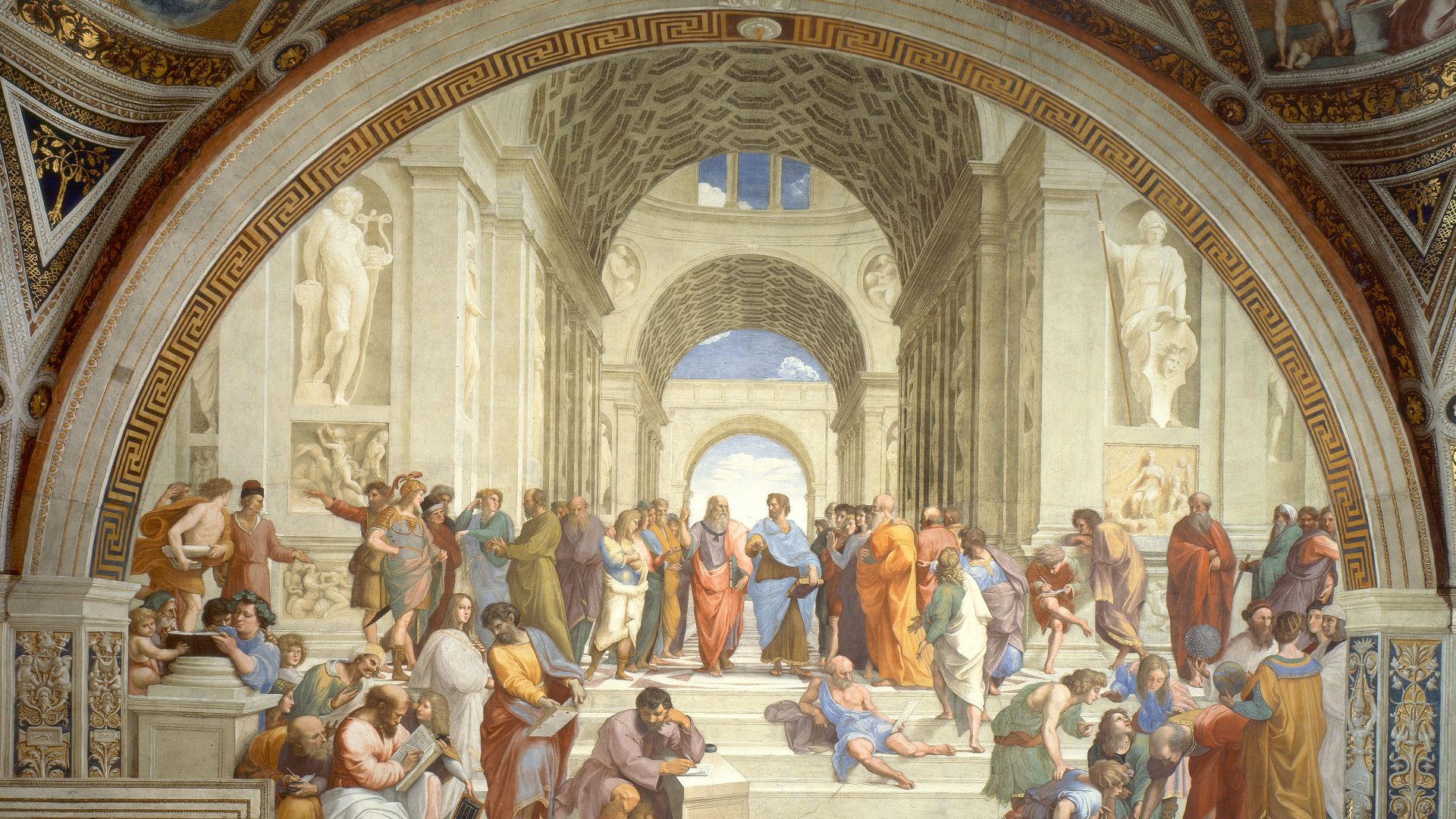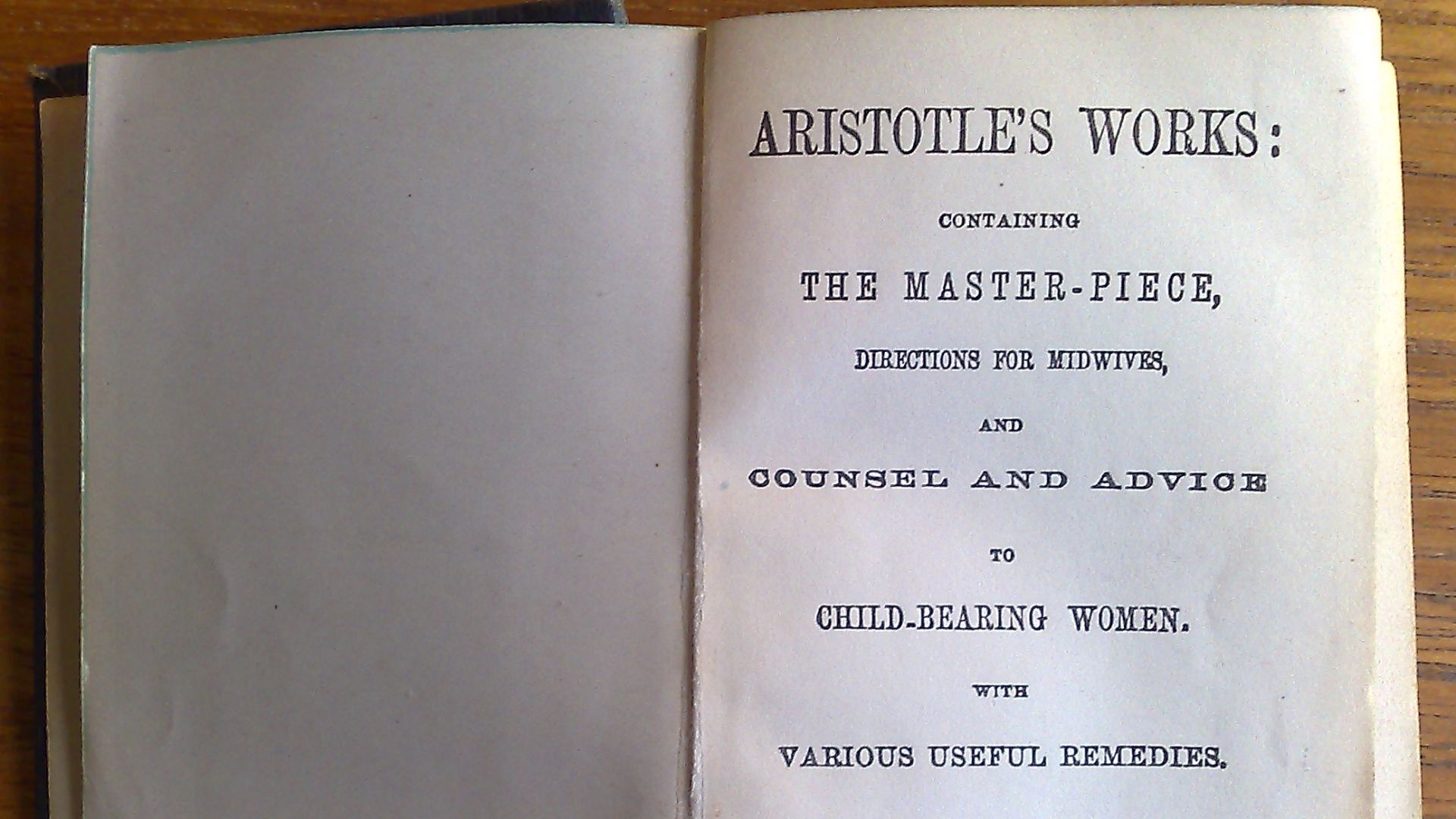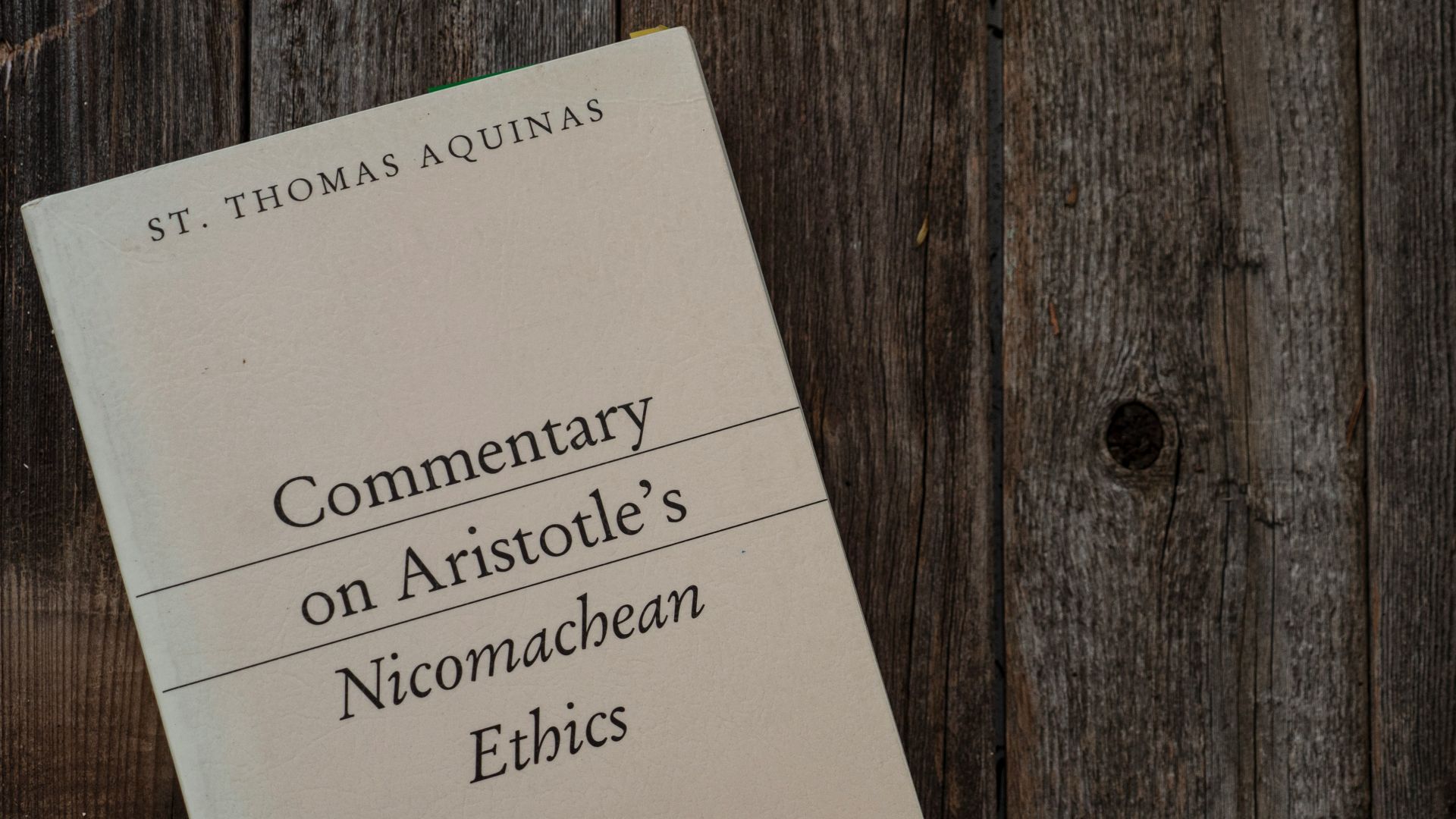A Brilliant Mind: 20 Facts About Aristotle, History's Greatest Thinker
The Man Behind The Mind
Known as one of the greatest thinkers to have ever lived, Aristotle’s name is among the most recognizable in the world. His ideas shaped Western philosophy for over 2000 years after his death, but biographical details are hazy. We’ve compiled a list of 20 facts about the greatest mind in antiquity that you can show off at parties.
1. His Life Is Shrouded In Mystery
Ancient biographies are not particularly known for their attention to detail. Many biographies were written long after their subjects’ death, were filled with speculation, and were used as propaganda tools for the periods in which they were written. However, historians agree that Aristotle was born in 384 BCE in the ancient city of Stagira.
 Leandros Papakarmezis on Unsplash
Leandros Papakarmezis on Unsplash
2. He Had Royal Connections
Aristotle himself may not have been a member of the royal family, but he was connected to the Macedonian monarchy from a young age. His father, Nicomachus, was the personal physician to the King of Macedonia. As a doctor’s son, young Aristotle was tutored in matters of nature and anatomy.
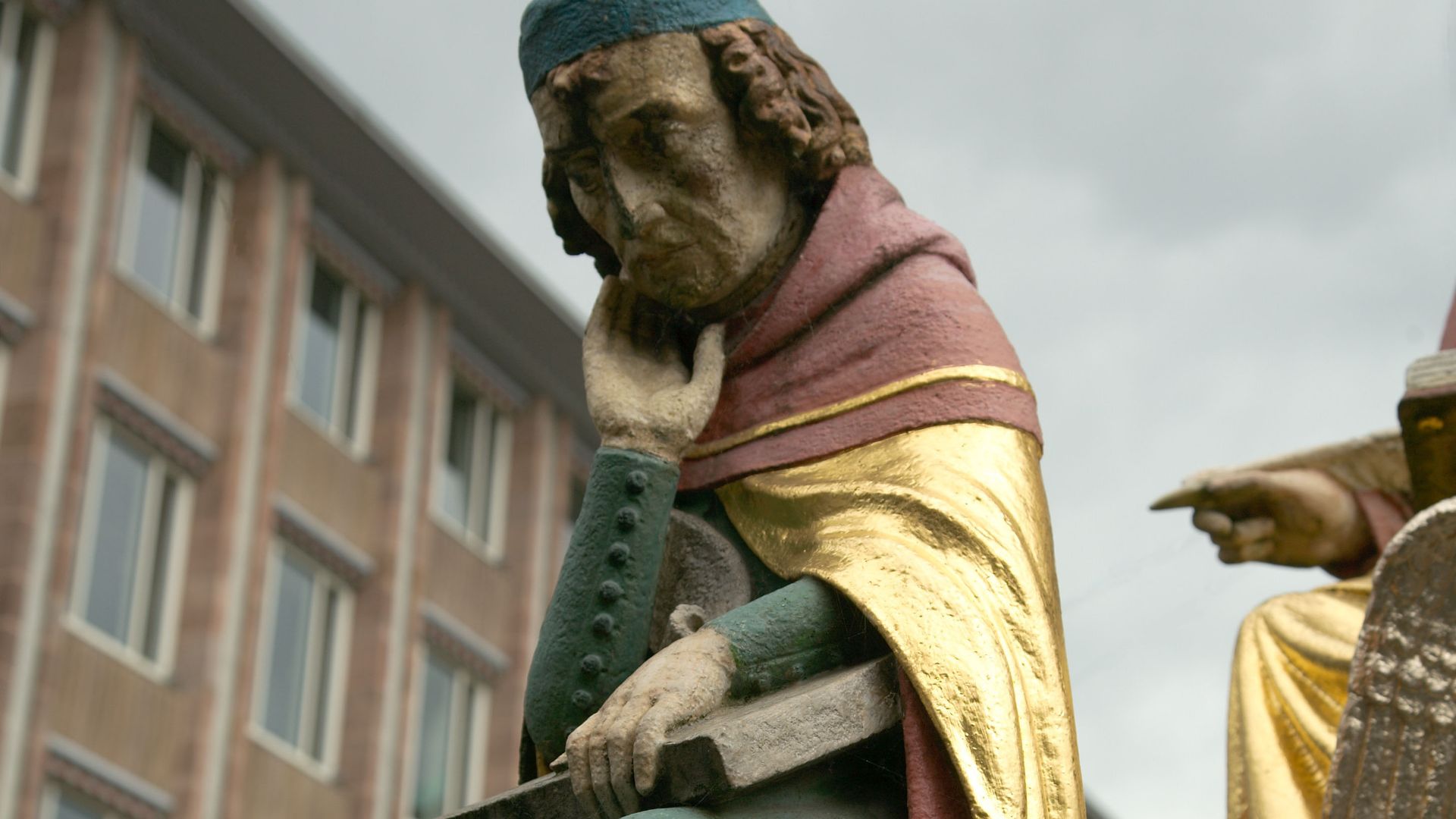 User:MatthiasKabel on Wikimedia
User:MatthiasKabel on Wikimedia
3. And Mythological Connections!
According to tradition (rather than historical sources), Aristotle was descended from the mythological figures Machaon and Asclepius. These mythological connections linked Aristotle to the heroes of the Trojan War and the Greek pantheon. That’s a pretty impressive pedigree!
4. He Learned From The Best
Following his seventeenth birthday, Aristotle traveled to Athens to study under the tutelage of another great thinker: Plato! Aristotle learned about logic and philosophy at Plato’s academy, considered the first university in the western world. Aristotle stayed at the Academy as a student and tutor for over 20 years, leaving only after Plato died.
5. He Saw The Sights
Around 347 BCE, Aristotle and his friend Xenocrates toured Asia Minor (Turkey). During his travels, Aristotle studied botany and marine biology. He wrote several works on natural history as well as marrying a young woman named Pythias.
6. He Tutored Kings
Shortly after his marriage, Aristotle was invited back to the Macedonian court as a tutor. Emperor Philip II wanted the best for his thirteen-year-old heir, Alexander III. This teenage pupil would be better known as Alexander the Great. Aristotle’s other pupils included Alexander’s successors Ptolemy and Cassander.
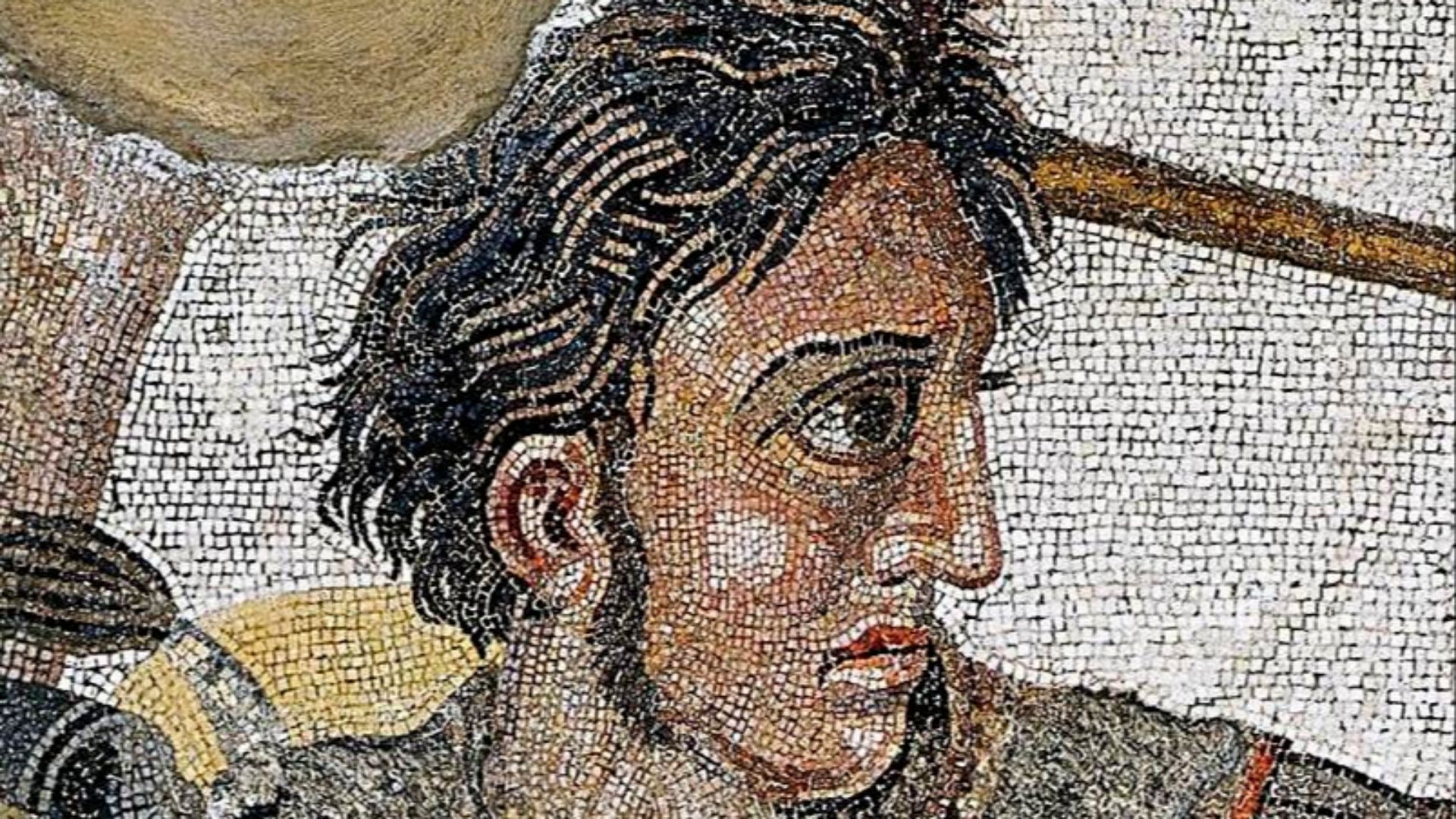 Unknown authorUnknown author on Wikimedia
Unknown authorUnknown author on Wikimedia
7. He Encouraged The Future Conqueror
Though Aristotle only tutored Alexander for about three years, his teachings had an immense impact on the young prince. During their studies of politics, Aristotle encouraged Alexander to expand the Macedonian Empire to the east. Additionally, he gifted Alexander an annotated copy of the Iliad, which Alexander slept with under his pillow.
8. He Opened His Own Academy
Displeased with the direction Plato’s Academy took after the great thinker’s passing, Aristotle started his own academy in Athens called the Lyceum. The Lyceum’s grounds included a gymnasium, an extensive library, and the first zoo and botanical gardens in recorded history. However, because Aristotle was not an official resident of Athens, he could only rent, rather than own, his academy.
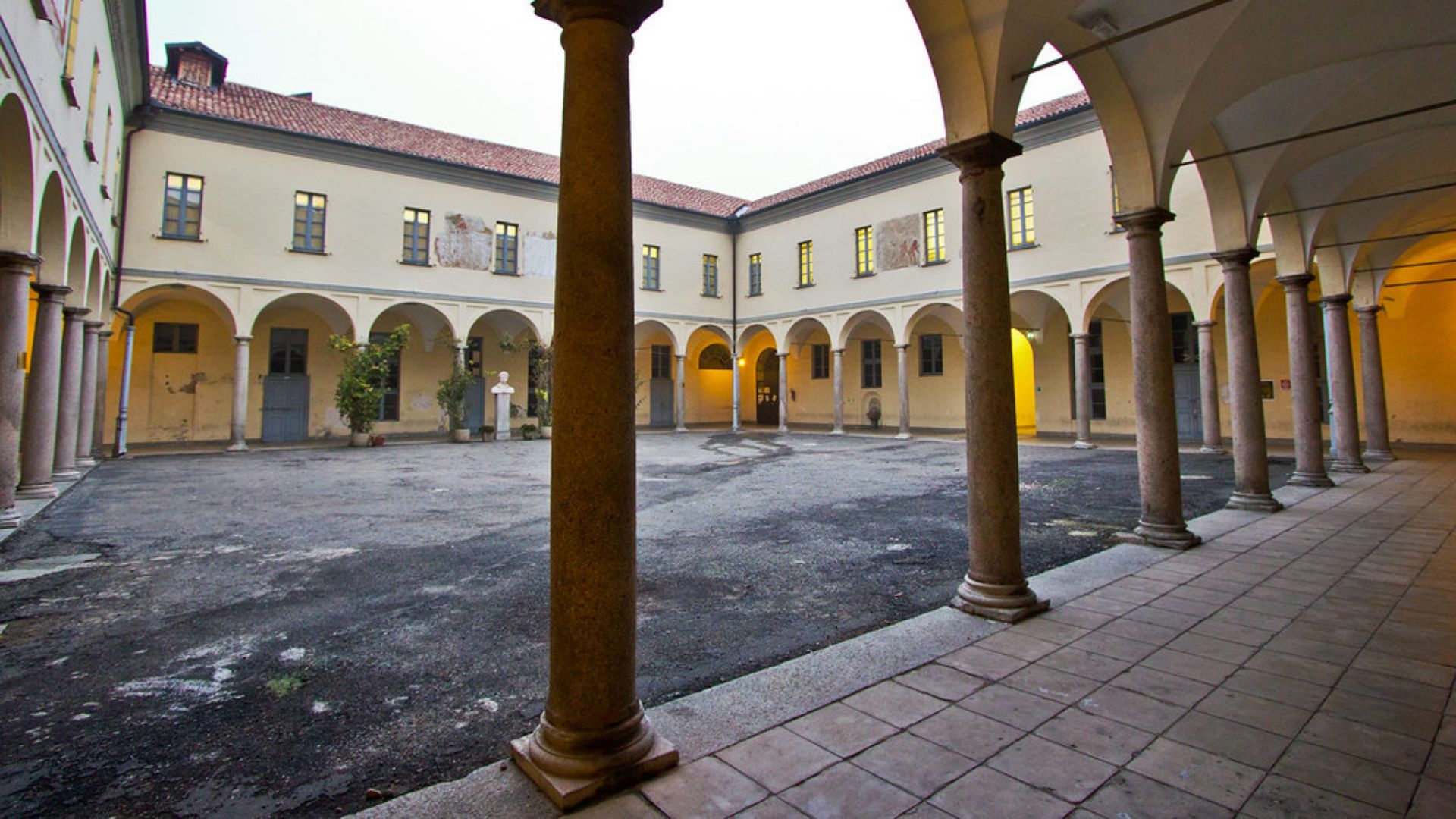 Carlo Antonio Villani on Wikimedia
Carlo Antonio Villani on Wikimedia
9. He Expanded Upon Plato’s Ideas
While Plato’s Academy focused on philosophy and mathematics, Aristotle had a few more subjects under his belt. Incorporating history and biology, he taught everything from A to Z—literally! Subjects at the Lyceum ranged from anatomy to zoology.
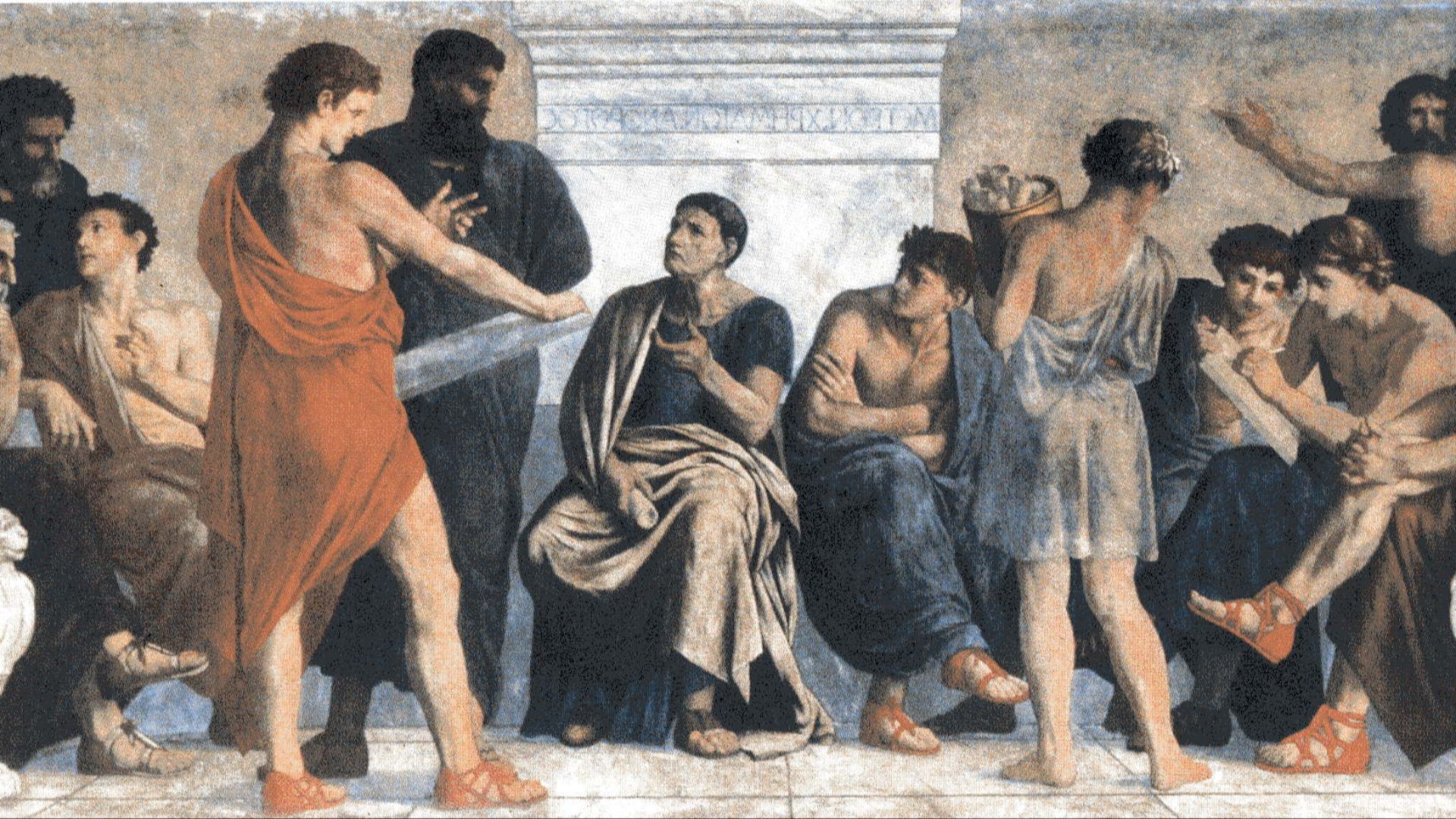 Gustav Spangenberg on Wikimedia
Gustav Spangenberg on Wikimedia
10. He Liked To Walk And Talk
The Lyceum did not have lecture halls like modern universities. Rather, Aristotle liked to lecture while walking around a large covered porch called a peripatos. Students of the Lyceum became known as Peripatetics.
11. Only A Third Of His Work Survived
Combined, Aristotle’s works can fill more than 2,000 pages! That may seem like a lot, but scholars believe this to be only a fraction of his original output. Following Aristotle’s death, his works were stored in a cellar to prevent their seizure by the short-lived Attalid dynasty. After a century and a half of less-than-ideal storage, some of Aristotle’s works were copied in fragments, while others were degraded entirely.
12. His Work Was Never Intended For Publication
While it can be difficult to imagine a liberal arts education without the works of Aristotle, the vast majority of his surviving works were not actually intended for publication. Aristotle himself divided his works into those intended for the public and those intended as teaching aids for his students. Many of his best-known works, such as Metaphysics and Poetics, are among the world’s oldest known lecture notes.
13. He Invented Logic
Okay, the concept of logic existed long before Aristotle; however, he created the academic study of logic. Aristotle’s best-known argument was called syllogism, which went something like this: “Every Greek is a human. Every human is mortal. Therefore, every Greek is mortal.” Through logic, Aristotle believed, we could understand the universe.
14. He Wrote The Book For Western Thought
Aristotle’s study of logic was so influential that we’re still using his principles more than 2000 years after he lived. His ideas were translated into Latin, Hebrew, and Arabic for use by Christian, Jewish, and Muslim scholars throughout the Medieval period. Aristotle’s treatises were the de facto source of logic until well into the 19th century.
15. He Was The First Scientist
In addition to his studies of logic, Aristotle’s zoological research was unmatched for almost two millennia. His notes on sea creatures around the island of Lesbos were particularly noted for their level of detail. Aristotle determined that aquatic mammals were different from fish, grouped sharks & rays together, and described the use of the hectocotyl arm during reproduction—the latter of which wasn’t discovered until the 1800s!
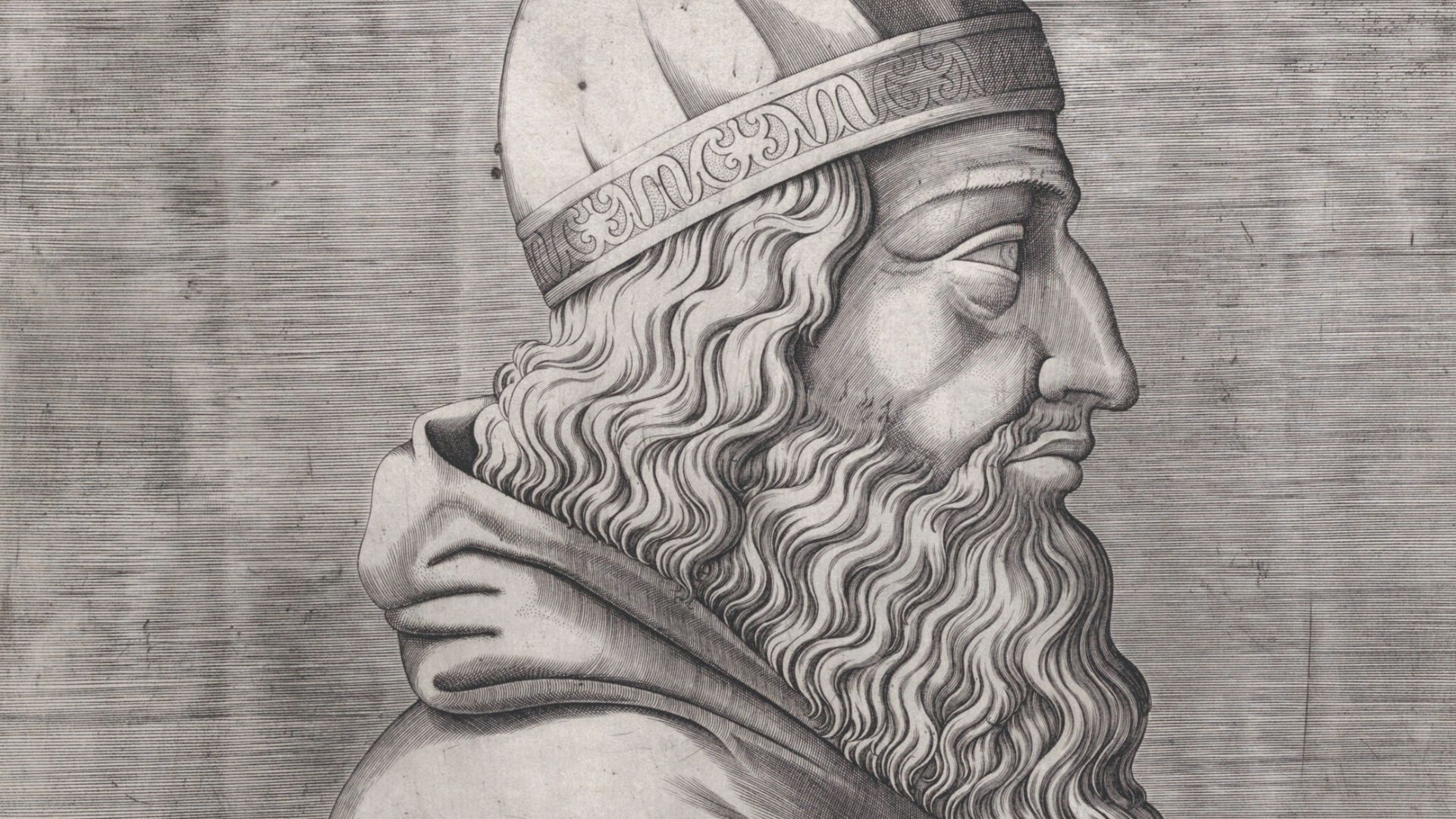 Enea Vico / Antonio Lafreri on Wikimedia
Enea Vico / Antonio Lafreri on Wikimedia
16. He Was Right About Some Things…
Aristotle’s natural studies were shockingly ahead of his time compared to his contemporaries. He discovered that octopi can change color to blend in or look threatening, diagrammed a cow’s four stomachs, and theorized that elephants could snorkel with their trunks. He also rightly determined that the Earth is a sphere.
17. …And Wrong About Others
Unfortunately, Aristotle wasn’t right all the time. In addition to believing that the Earth was the stationary center of the universe, he did not believe fellow philosopher Democritus when he claimed that everything was made out of atoms.
18. He Added A Fifth Element
In addition to earth, air, fire, and water, Aristotle believed there was a fifth element called aether. Also called “quintessence,” aether was thought to be a heavenly matter from which stars and planets are formed. We still use the concept of aether today when we say something vanished “into the aether.”
19. He Coined The Term Antarctica
In his book Meteorology, Aristotle put forth the existence of a large, mountainous landmass in the southern hemisphere. He called this region Antarctica, meaning “opposite of the Arctic.” Today, the Aristotle Mountains on the Antarctic Peninsula are named after him.
20. He Reached For The Stars
Fittingly, Aristotle also lent his name to multiple celestial bodies. A crater on the moon and asteroid 6123 in the main asteroid belt are named after him. Both use Aristoteles, which is the classical form of his name.
KEEP ON READING
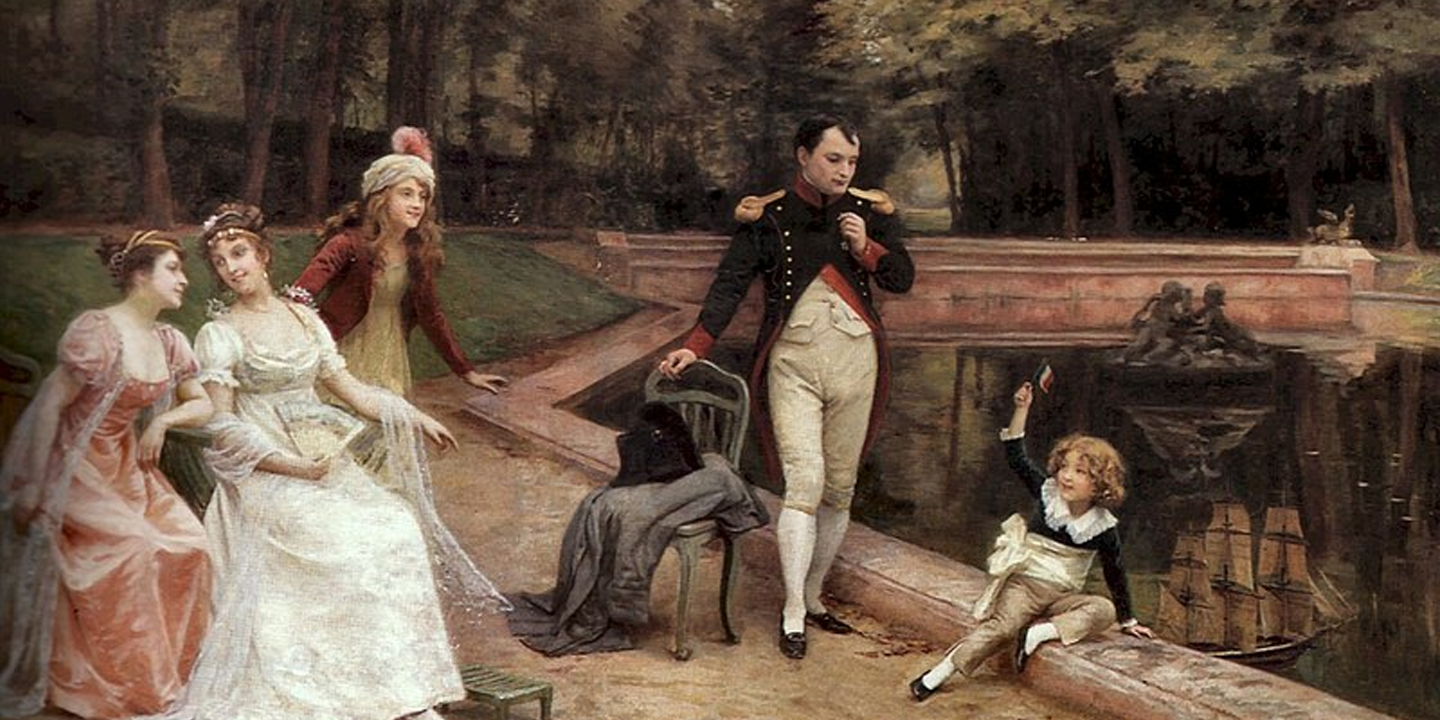
The 20 Most Recognized Historical Figures Of All Time
The Biggest Names In History. Although the Earth has been…
By Cathy Liu Oct 4, 2024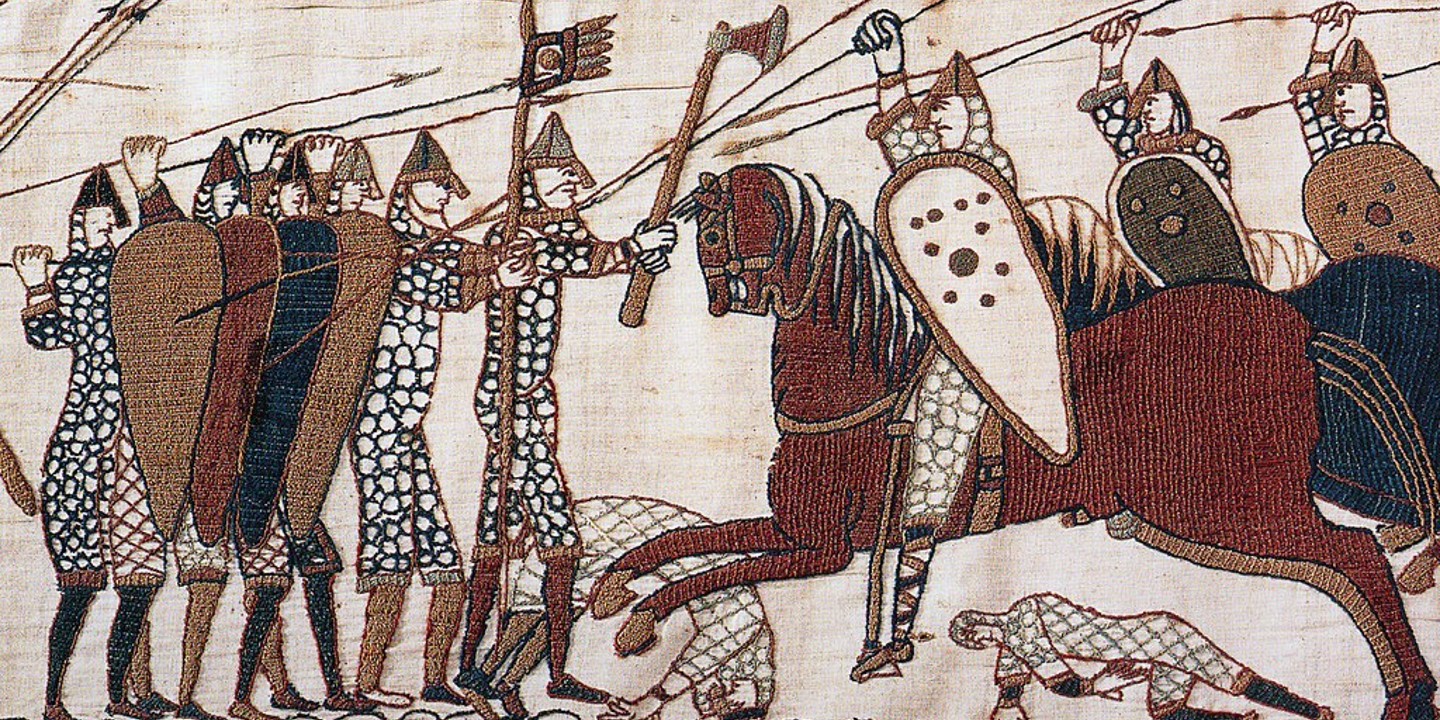
10 of the Shortest Wars in History & 10 of…
Wars: Longest and Shortest. Throughout history, wars have varied dramatically…
By Emilie Richardson-Dupuis Oct 7, 2024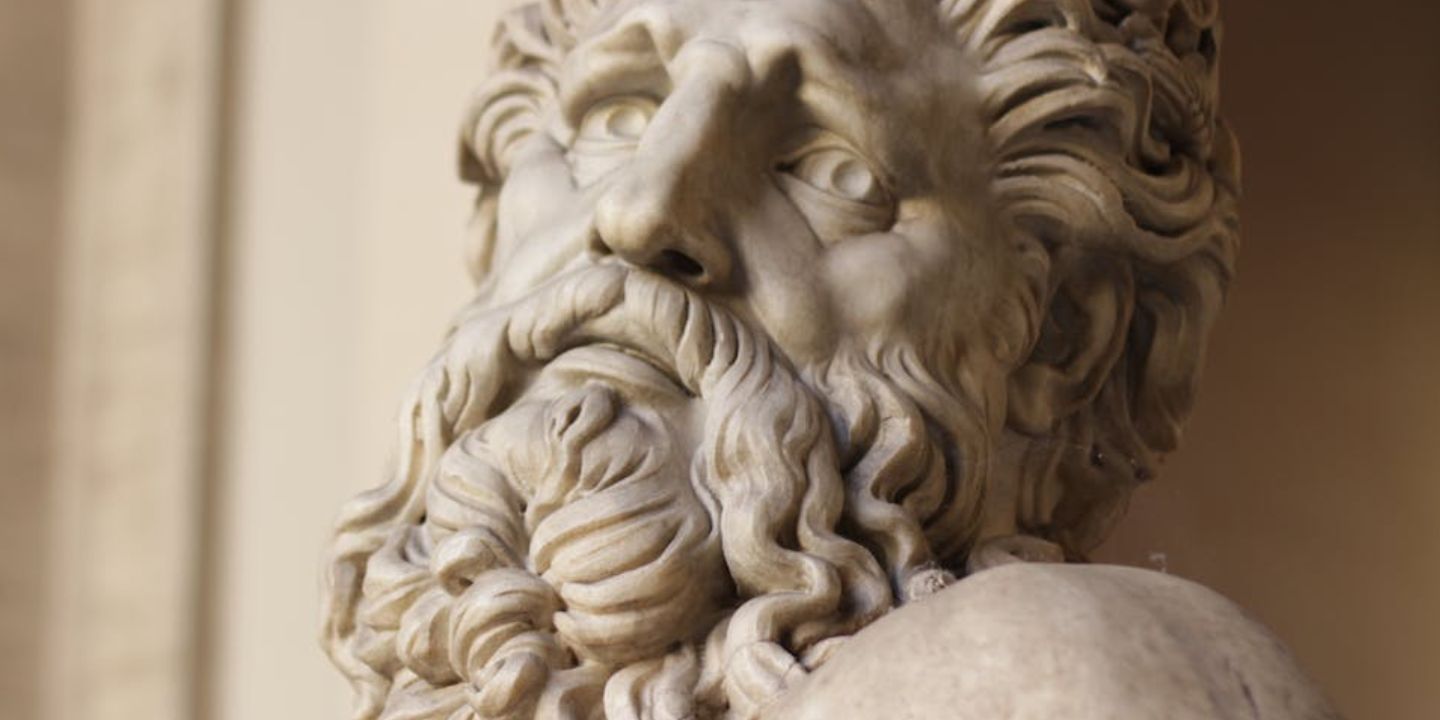
10 Fascinating Facts About Ancient Greece You Can Appreciate &…
Once Upon A Time Lived Some Ancient Weirdos.... Greece is…
By Megan Wickens Oct 7, 2024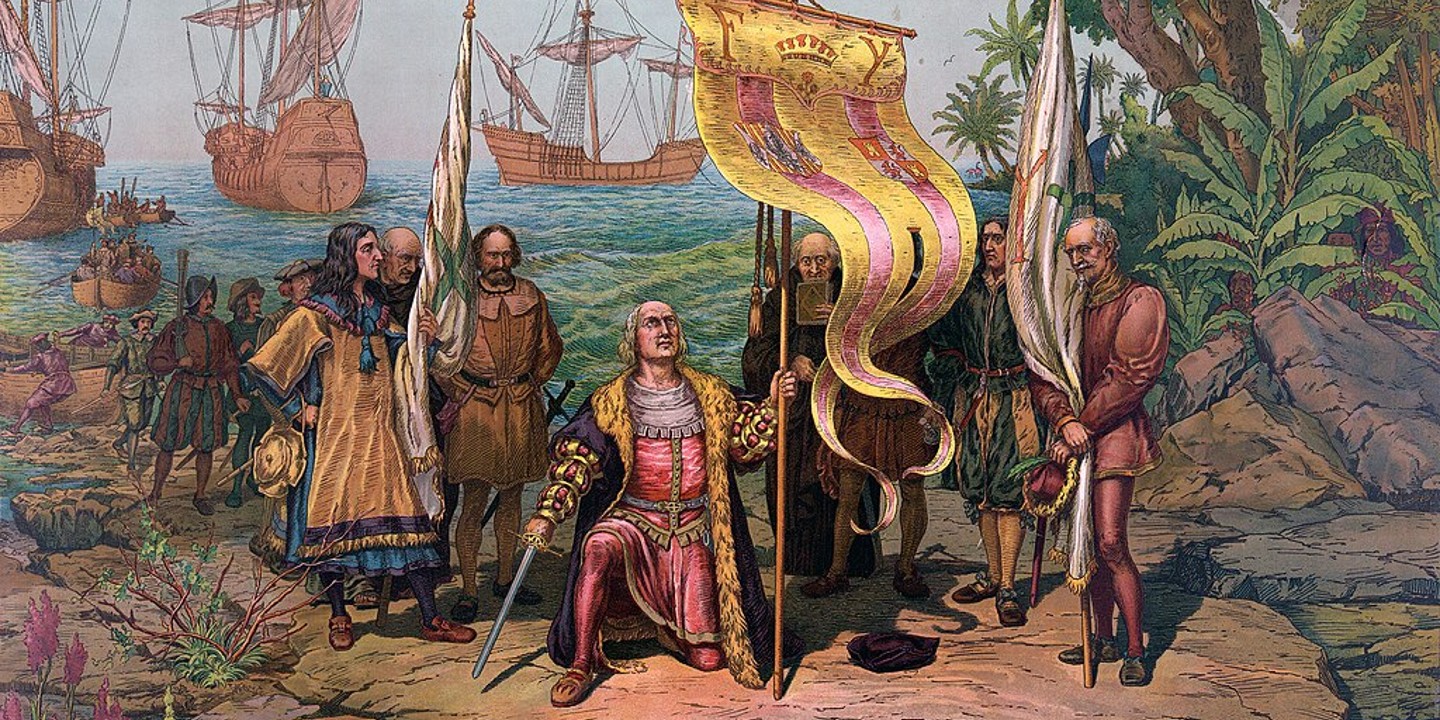
20 Lesser-Known Facts About Christopher Columbus You Don't Learn In…
In 1492, He Sailed The Ocean Blue. Christopher Columbus is…
By Emilie Richardson-Dupuis Oct 9, 2024
20 Historical Landmarks That Have The Craziest Conspiracy Theories
Unsolved Mysteries Of Ancient Places . When there's not enough evidence…
By Megan Wickens Oct 9, 2024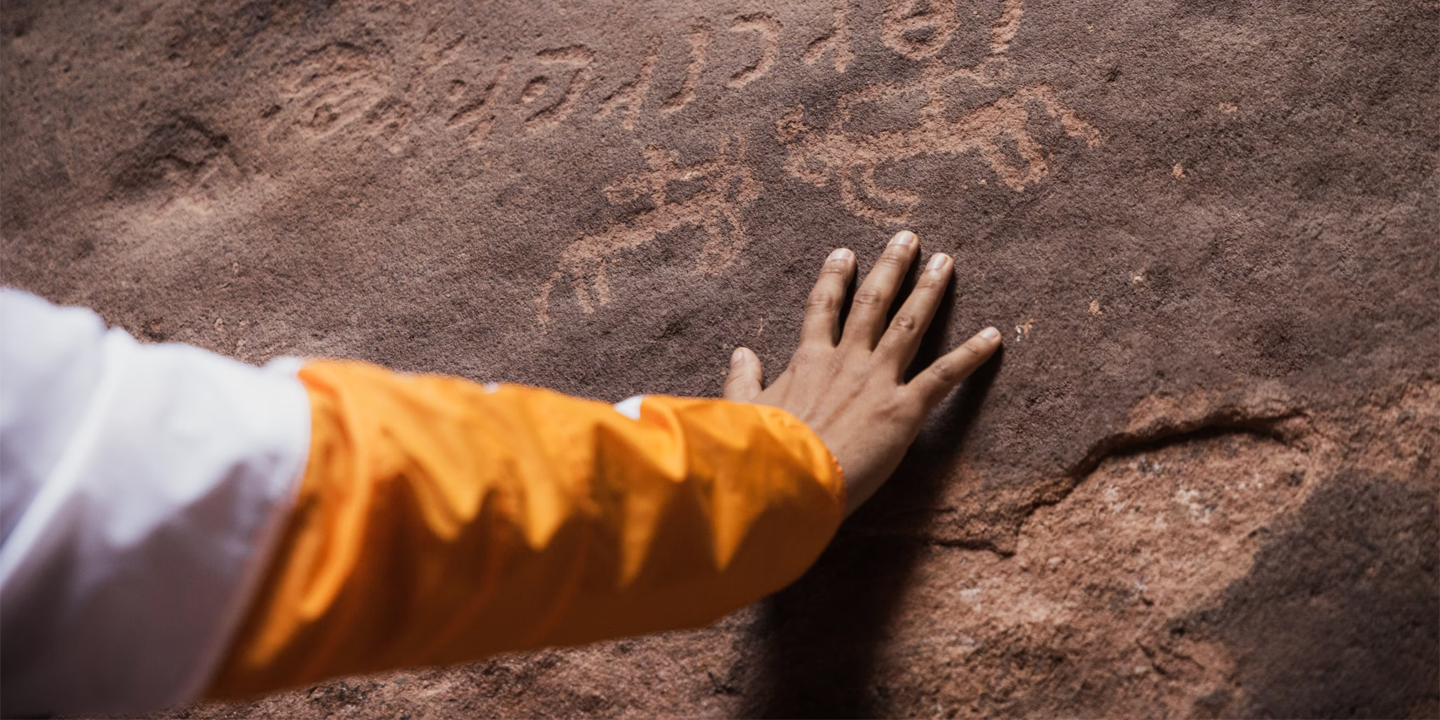
The 20 Craziest Inventions & Discoveries Made During Ancient Times
Crazy Ancient Inventions . While we're busy making big advancements in…
By Cathy Liu Oct 9, 2024

